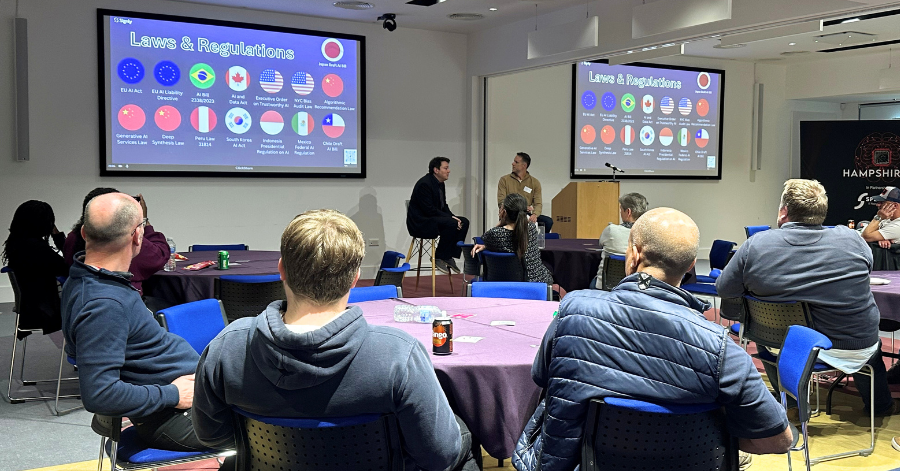
Location, Location, Location
14 Sept, 20216 Minutes
Bear with me, this one is relevant to IT recruitment, I promise.
The remote working revolution is in full flow in 2021. Companies have been forced to work from home for around a year now and as the end of the pandemic is in sight the question remains, what happens now? Do we stay fully remote, go back to offices full time or find a hybrid solution?
Many companies have already taken the leap and either switched to fully remote or a hybrid solution longer term, these companies have benefited from the increased candidate pool when hiring. As more and more companies start to offer remote working options it's starting to become a real disadvantage when hiring to have a primarily office-based arrangement. Some of our local clients have seen competition for candidates from companies in London, Manchester, Bristol, Birmingham ... when previously they only competed against the other local companies for candidates. So what does this mean? When hiring you need to consider remote working options, what are you offering and how does it compare to what your competitors are offering. You need to understand this or lose out on the top candidates, it's as simple as that.
So, What are the competitors offering? Here are some stats from the last 10 vacancies I've filled + my current roles as an example. Granted it's not the biggest sample size (26 vacancies) but I wanted to keep it as recent as possible to reflect how the market is right now.
Honestly, I can't remember the last time I worked a role where the company needed the candidates to be fully office based ever again. As much as I'd love to help everyone, I'm not sure this is an achievable working arrangement anymore, not for in-demand IT talent anyway. If you are hiring and require candidates to be onsite more than 2 days per week you are seriously limiting your candidate pool and it could lead to issues in the recruitment process in the coming months/years. Getting a solid grasp on this now could really help you hire and maintain top talent.
What does this mean for your current staff though? You need to understand what your current staff are looking for longer-term, not just new hires! Speak to them and understand their expectations, before someone else does. IT talent is in huge demand and we are seeing a lot of talented tech staff looking for more remote working. "My current company are going back into the office and I want to stay working remotely" - I hear this every day. I understand remote working doesn't work for everyone or every company, but, finding a middle ground and knowing what other companies are doing is key if you want to maintain and hire new talent in 2021.
Want some advice on Tech or IT hiring? Feel free to reach out for a chat to discuss the IT recruitment market or any other questions you may have:
Email SamStocks@SpectrumIT.co.uk or call Sam on 02380 765 304




